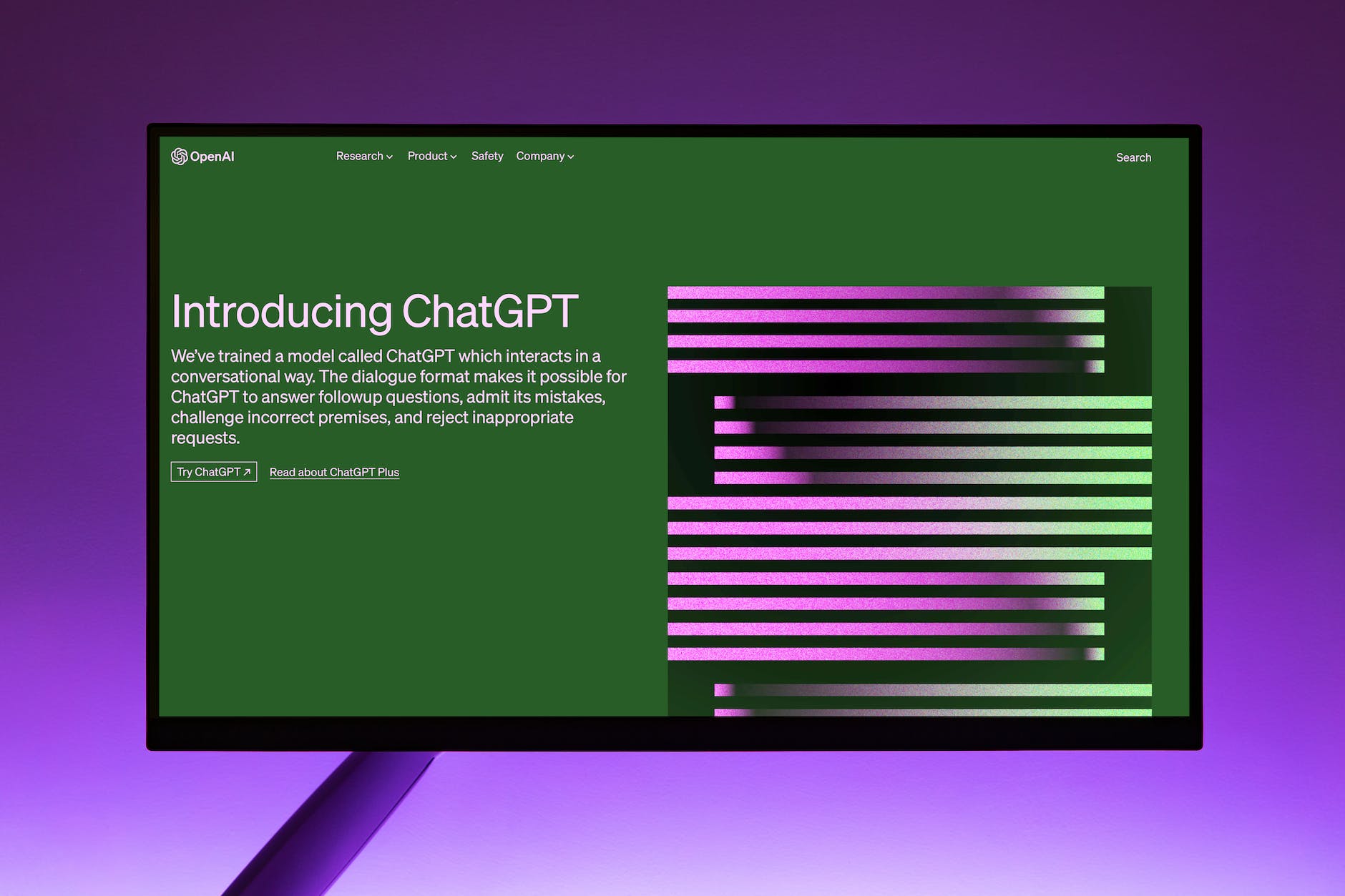Startups have to face numerous challenges, from securing funding to scaling operations and building a customer base. One of the biggest challenges is customer service, which requires a significant investment of time, resources, and personnel. Fortunately, there is a solution that can help startups improve their customer service and grow their business: artificial intelligence (AI). Specifically, AI-powered chatbots like ChatGPT can be an invaluable tool for startups looking to engage with customers, build their brand, and improve their operations. In this article, we’ll take a closer look at how ChatGPT can be useful for startups and help them succeed in today’s competitive market.
What is ChatGPT?
ChatGPT is an AI-powered chatbot that is designed to simulate human-like conversations with users. Built on the GPT-3.5 architecture, ChatGPT is capable of understanding natural language and providing relevant and personalized responses to users’ queries. Unlike traditional chatbots, which rely on pre-defined rules and responses, ChatGPT uses machine learning to improve its responses over time, making it more effective and accurate.
One of the key advantages of ChatGPT is that it can be integrated into a wide range of platforms and applications, including websites, mobile apps, and social media platforms. This makes it a versatile and powerful tool for startups looking to engage with customers and build their brand.
How ChatGPT Can Help Startups
There are several ways in which ChatGPT can be useful for startups, including:
- Improved Customer Service: ChatGPT can provide instant and personalized responses to customer queries, which can improve the overall customer experience and build customer loyalty. Startups can use ChatGPT to answer frequently asked questions, provide support, and guide customers through the sales process. With ChatGPT, startups can offer 24/7 customer service without the need for additional staff or resources.
- Increased Efficiency: ChatGPT can automate many of the repetitive and time-consuming tasks associated with customer service, such as responding to inquiries and providing product information. This can free up staff time and resources, allowing startups to focus on more strategic initiatives such as developing new products and services, improving operations, or expanding into new markets.
- Improved Marketing: ChatGPT can be used to engage with customers in real-time and gather valuable insights into their preferences and behaviors. Startups can use this information to improve their marketing strategies and target their messaging more effectively. For example, ChatGPT can be used to conduct surveys, provide product recommendations, and collect feedback from customers.
- Enhanced Branding: ChatGPT can be customized to reflect a startup’s branding and personality, helping to build a consistent and recognizable brand identity across all customer touchpoints. This can be especially important for startups that are still building their brand and looking to establish themselves in a competitive market.
How ChatGPT Can Help Startups
Implementing ChatGPT in your startup can be a relatively straightforward process, but it does require some planning and preparation. Here are some steps to consider when implementing ChatGPT in your startup:
- Define Your Objectives: Before implementing ChatGPT, it’s important to define your objectives and determine how you want to use the chatbot. This can include improving customer service, increasing efficiency, gathering customer insights, or enhancing branding. Defining your objectives will help you determine how to customize ChatGPT to best meet your needs.
- Choose a Platform: ChatGPT can be integrated into a wide range of platforms and applications, including websites, mobile apps, and social media platforms. Choose a platform that is most relevant to your business and your customers.
- Customize ChatGPT: ChatGPT can be customized to reflect your brand and personality. This includes choosing the language, tone, and style of the chatbot’s responses. You can also customize the chatbot’s appearance, including its name and avatar.
- Develop a Conversation Flow: Before launching ChatGPT, it’s important to develop a conversation flow that covers the most common customer queries and scenarios. This will help ensure that customers receive relevant and accurate responses from the chatbot.
- Train ChatGPT: Once you have developed a conversation flow, you will need to train ChatGPT on your business-specific terminology and language. This will help ensure that the chatbot provides accurate and relevant responses to customer queries.
- Launch and Monitor: Once you have customized and trained ChatGPT, you can launch it on your chosen platform. It’s important to monitor the chatbot’s performance and customer feedback to identify areas for improvement and optimize its performance over time.
- Continuously Improve: ChatGPT uses machine learning to improve its responses over time. As customers interact with the chatbot, it will learn from their queries and feedback, making it more effective and accurate over time. It’s important to regularly review and update the chatbot’s conversation flow to reflect changes in your business or customer needs.
Implementing ChatGPT can be an effective way for startups to improve their customer service, increase efficiency, gather customer insights, and enhance branding. With proper planning and customization, ChatGPT can be a powerful tool for startups looking to grow and succeed in today’s competitive market.




